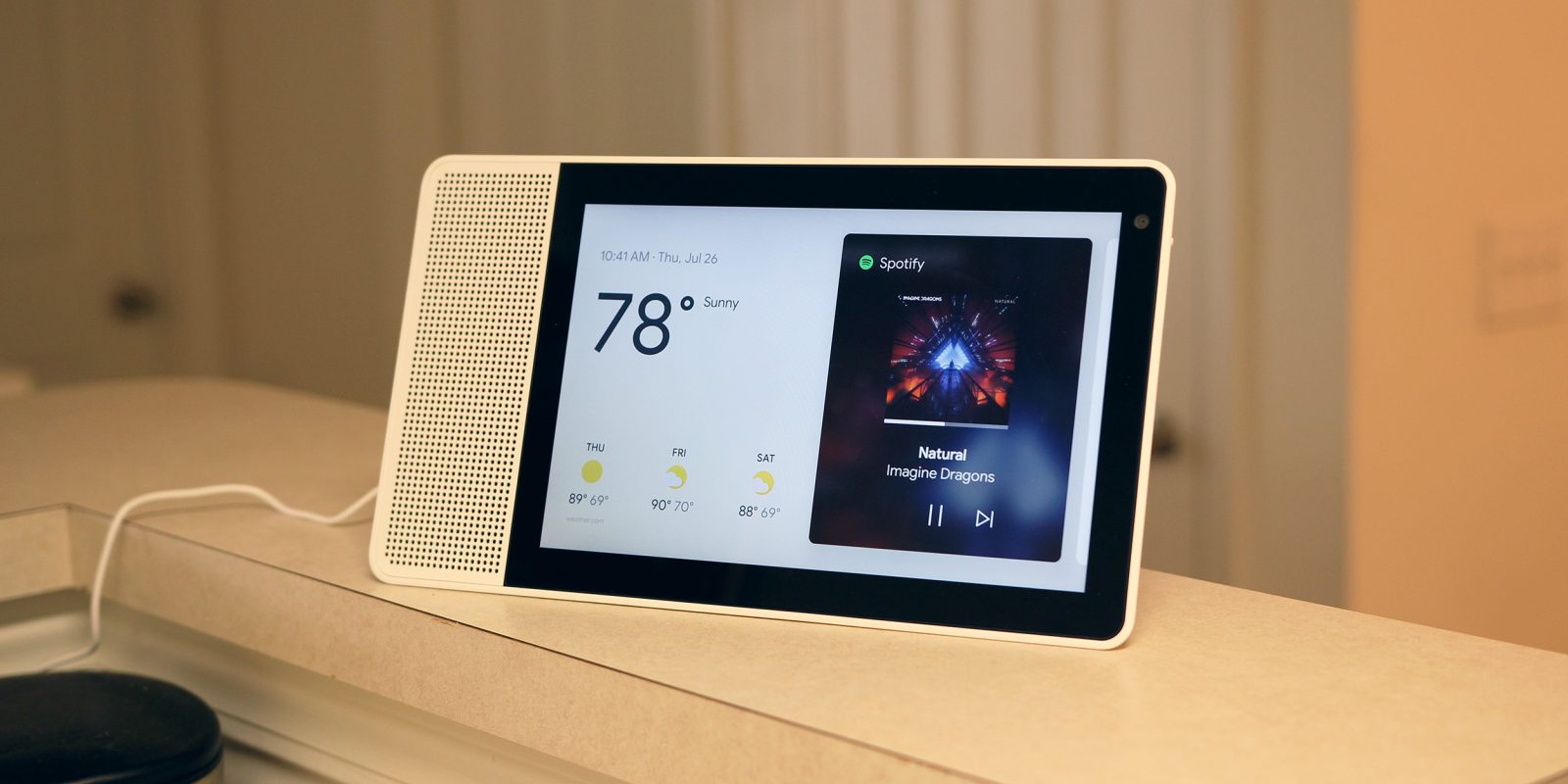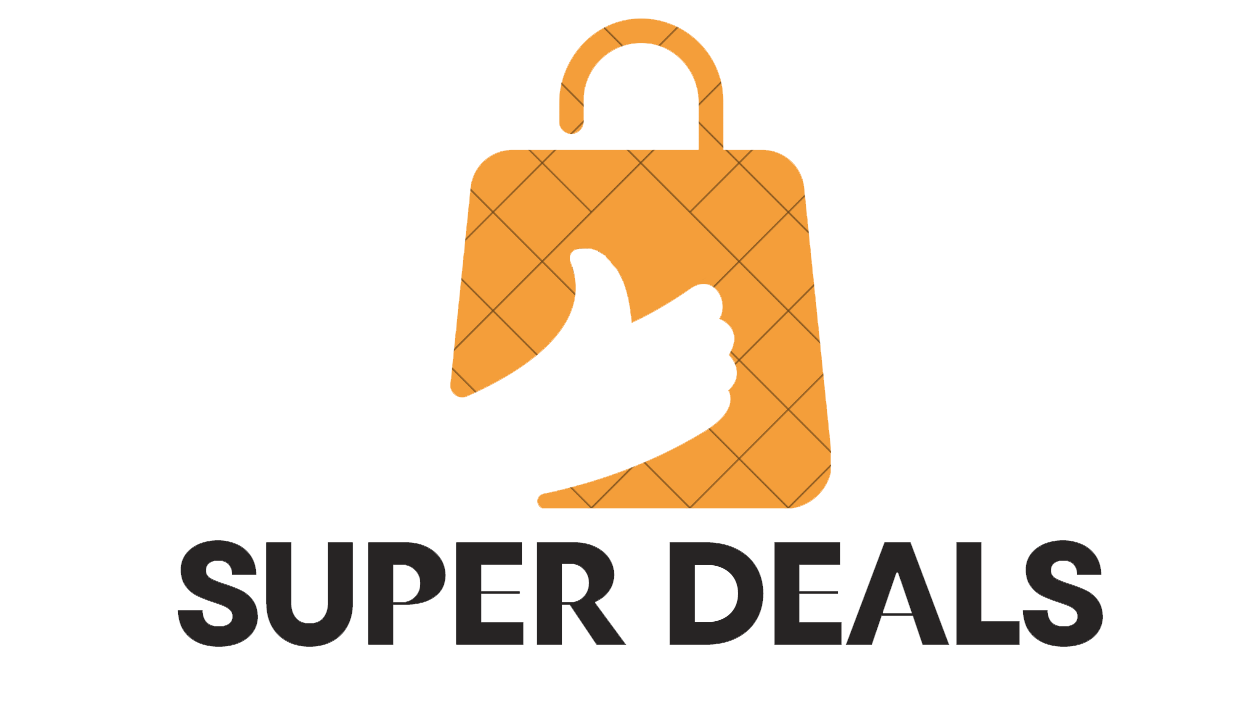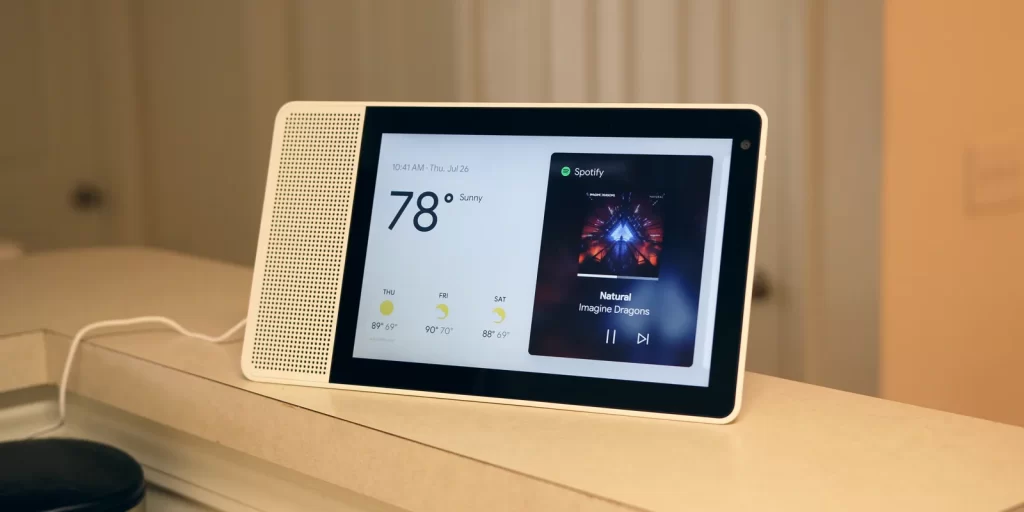
In a very quiet reveal, Google says it has stopped updating third-party Lenovo, JBL, and LG Smart Displays. The writing has been on the wall for quite some time for this form factor, but it’s still surprising.
Google announced it was stopping major development on the underlying operating system in February of 2019. At that time, Android Things became just for OEMs developing Smart Displays and speakers. Before that, it was positioned as a vast internet-of-things platform.
Smart Displays saw a lot of new functionality early on as Google competed with Amazon, but have seen very few new features as of late. In February of 2022, Google disabled the web browser on non-Nest Hub Smart Displays citing the lack of SafeSearch support. All recent development is for the first-party Nest Hub. These devices are running a different operating system (Cast and now Fuchsia) that Google directly controls.
For example, the Nest Hub Max last year received the camera-powered Look and Talk and Quick Phrases to skip “Hey Google.” Even that looks set to be overshadowed by the Pixel Tablet, which we previously argued is the future of the Smart Display form factor.
Meanwhile, today’s announcement says nothing about the Lenovo Smart Clock, which is like a Smart Display but on a different system for all intents and purposes.
We’ve talked at length about how Google is pulling back on Assistant in its current form as generative AI takes shape. At one point it seemed poised to be the connectivity tissue between all of its platforms. Now, Google has greatly pulled back and is mostly focusing on the Android phone/tablet experience. Smart Displays are a clear casualty of this.
We’ll be reaching out to Google on what 3rd-party Smart Display owners can expect from their devices going forward.
They should still work, but the experience might be degraded (as in the case of video calling) and won’t improve.

